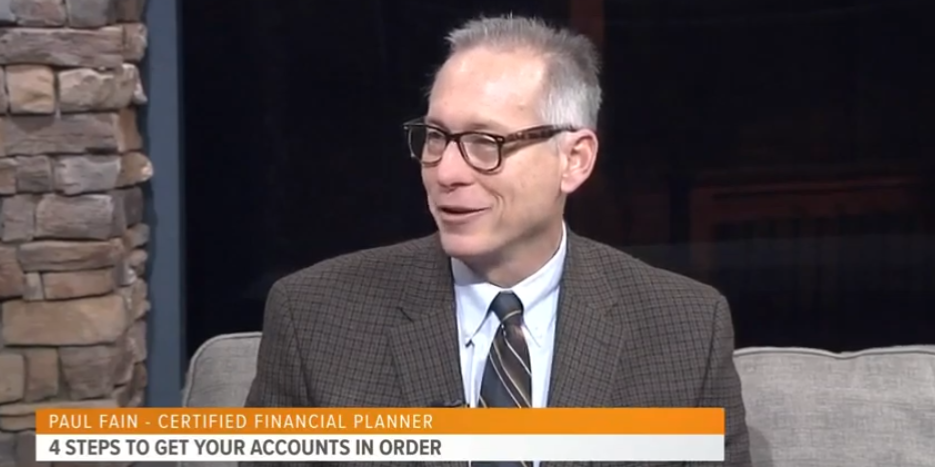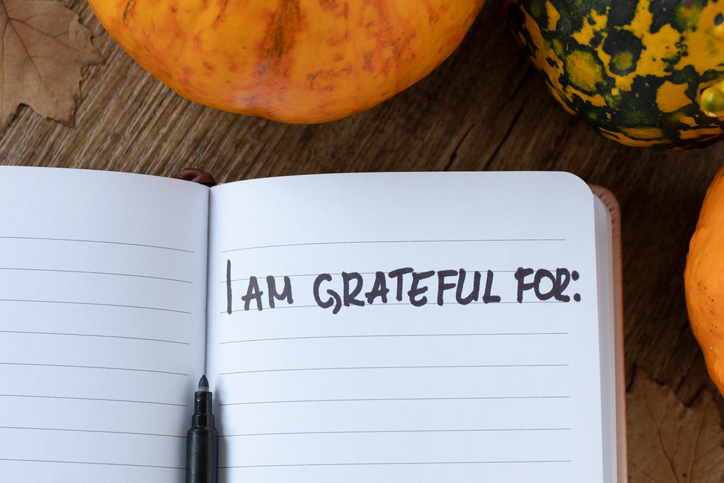What happens to bank checking and deposit accounts when a loved one passes away? Is it a big concern for heirs? Certified Financial Planner Paul Fain joins us again to talk about your Sunday Money and 4 steps to get your accounts in order before your final day.
THIS IS POTENTIALLY A BIG DEAL – YOU HEAR ABOUT BANK ACCOUNTS BEING FROZEN AFTER A DEATH IN THE FAMILY…
Survivors who believe they can access an account often find they cannot do so because of its ownership structure.
- Individual Owner: the account is off limits until the estate is settled in court. A judge may issue a letter that grants an executor or estate administrator access.
- Payable On Death (POD). After the death (and not before), the beneficiary can claim the money by going to the bank with a death certificate and identification.
- Power of Attorney ends at the time of death.
- Joint Tenants With Rights Of Survivorship (JTWROS): a Joint Owner can still write checks because the account is held in a way that either party can sign.
WHEN SHOULD YOU NOTIFY A BANK AFTER A DEATH?
- Notify promptly, especially if other people are authorized to write checks or use an ATM.
- Fraud: Family members should never forge the signature of the deceased to pay bills or use the person’s ATM or debit card to get cash.
- Funeral Home may notify Social Security. Payments after death can’t be kept.
WHAT ARE SOME PROACTIVE STEPS TO PREVENT A FAMILY FINANCIAL CRISIS?
- Talk: understand how many accounts a person holds and where they are located.
- Simplify accounts whenever possible by consolidating them.
- Determine exactly how the account is titled while the person is still alive.
- Pre-plan your funeral, if you can. One of the main reasons people need quick access to cash is to cover the final
Would you like to be prepared in the event of losing a loved one? We have a free resource that includes step-by-step instructions!



